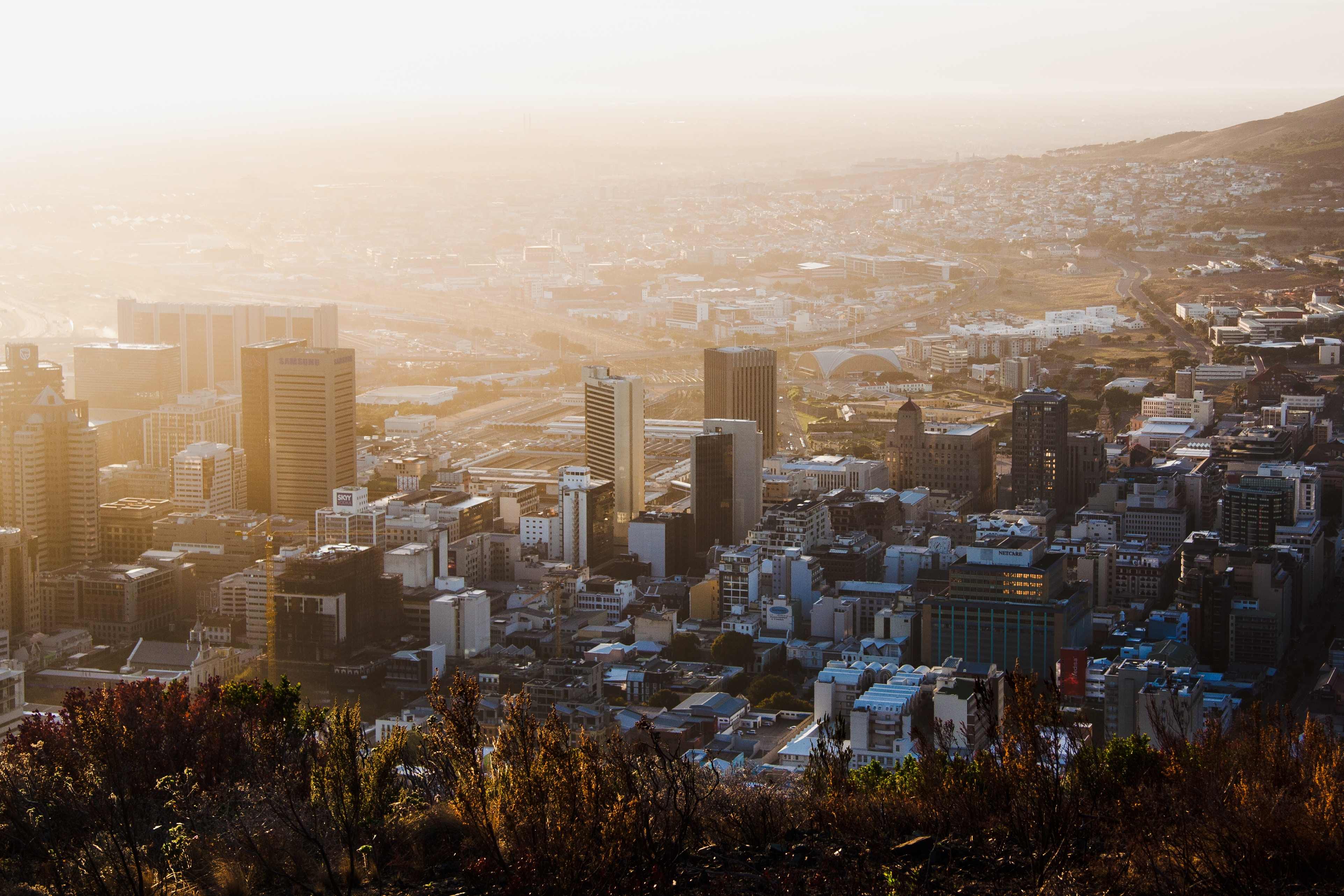Crony Capitalism Threatens Airbnb in South Africa
The South African hospitality industry is taking on Airbnb, and it’s using crony-capitalist tools to accomplish its goal.
Like the hotel lobby in the United States, it wants to push lawmakers to impose regulations on the house-sharing-platform provider, threatening it with crippling fees that might even kick some users off the platform.
Like U.S. businesses, South African hotels are feeling the heat as travelers are choosing to stay at people’s homes. So as hotel owners and executives see their profits decline, they do what big business does best: go to the government for help.
The call for more regulations in South Africa comes as the response to the “impressive” growth of Airbnb in the country.
According to a report mentioned by the country’s IOL news outlet, AirBnB’s unregistered accommodation establishments are hurting established businesses’ bottom line, prompting the Federated Hospitality Association of SA (Fedhasa) and the Port Elizabeth Metro Bed and Breakfast Association (Pembba) to turn to the state.
In their calls for action, both groups are asking officials to crack down on Airbnb and impose regulations on it.
According to Pembba, Airbnb users raked in 65 percent more in the Nelson Mandela Bay area last year compared to the previous year. The hotel sector only saw growth of 0.08 percent.
Pembba’s chair, Sheena Wilmot, claimed that Airbnb is a “massive problem” for the industry and that government must level the playing field.
In an interview, the Nelson Mandela Bay metro area’s economic-development executive director, Anele Qaba, echoed Wilmot’s fears, urging officials to act fast.
“The city must come up with a plan to regulate Airbnb,” she said. “The tourism industry, which pays taxes in the city is not happy. They are saying the AirBnBs — which is not regulated and can afford to undercut prices since they do not have overheads — are killing the industry.”
Despite the groups’ complaints, there is a lot more to this fight than meets the eye.
Hurting the Poor — at Home and Abroad
The hotel industry may not be happy with Airbnb, but the reality is that the platform gives South African homeowners and renters the opportunity to boost their income by renting their own property or sections of their property as they see fit. Further, Airbnb claims that it supports over 22,000 jobs across the country.
Just as in America, a high percentage of Airbnb hosts use the app to help pay the bills and even pay off their home mortgages. In other words, the money they make off their property is an important part of their income, so they would surely be harmed if it were suddenly taken away.
In addition, the revolution created by Airbnb has helped people on a budget around the world travel to a great number of places thanks to affordable lodgings.
The moment the South African government begins regulating Airbnb, many homes will disappear from the platform while others will have to charge more to cover fees and other regulation-related costs.
In the end, the South African tourism industry will feel the hurt the most. After all, fewer people will want to visit the country.
The hospitality industry may not understand this, but even it benefits from the existence of Airbnb.
As noted by Pembba, while AirBnB’s business grew tremendously in the country this past year, the industry also saw a boost, even if a modest one.
When more competitors enter the market, it simply gives consumers more options. That doesn’t necessarily mean that established firms will disappear; it only means that they will have to adapt to meet customers’ demands so they can better compete with the newcomers.
Unfortunately, these business owners seem more interested in going the easy route, reaching out to elected officials and regulators to keep their competitors’ growth under control. This approach, known as crony capitalism, is what happens when governments act as facilitators – giving certain members of an industry an edge over their competitors.
And while officials often justify regulation by tying the safety of a certain product or service to government oversight, regulations seldom accomplish what regulators promise. Instead of making products safer, rules make them more expensive, hurting entrepreneurs and consumers, especially those in lower income brackets.










